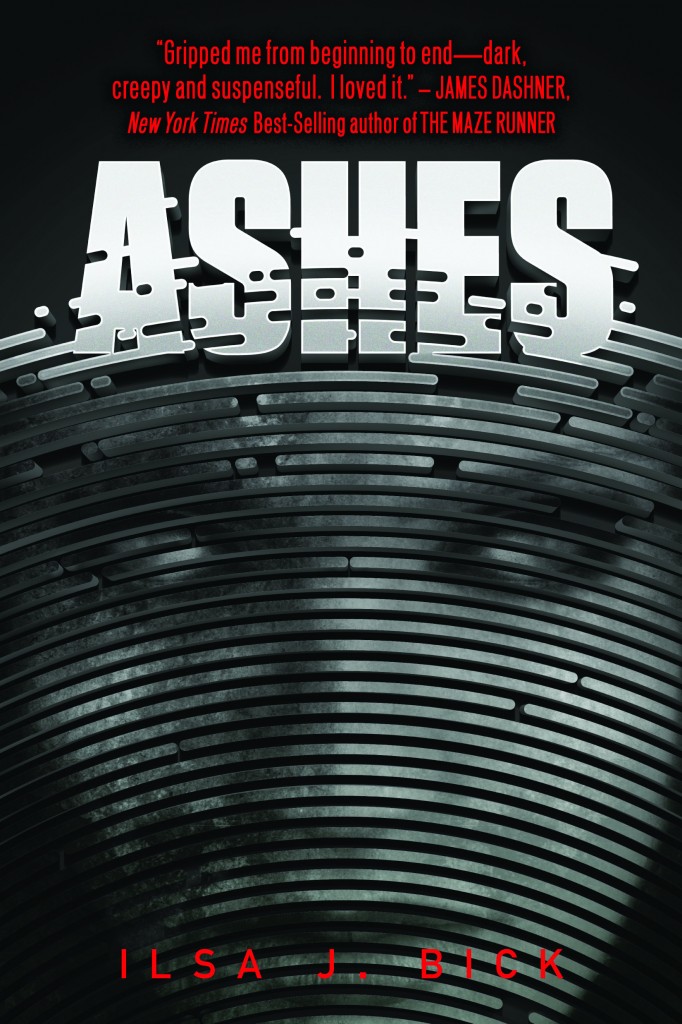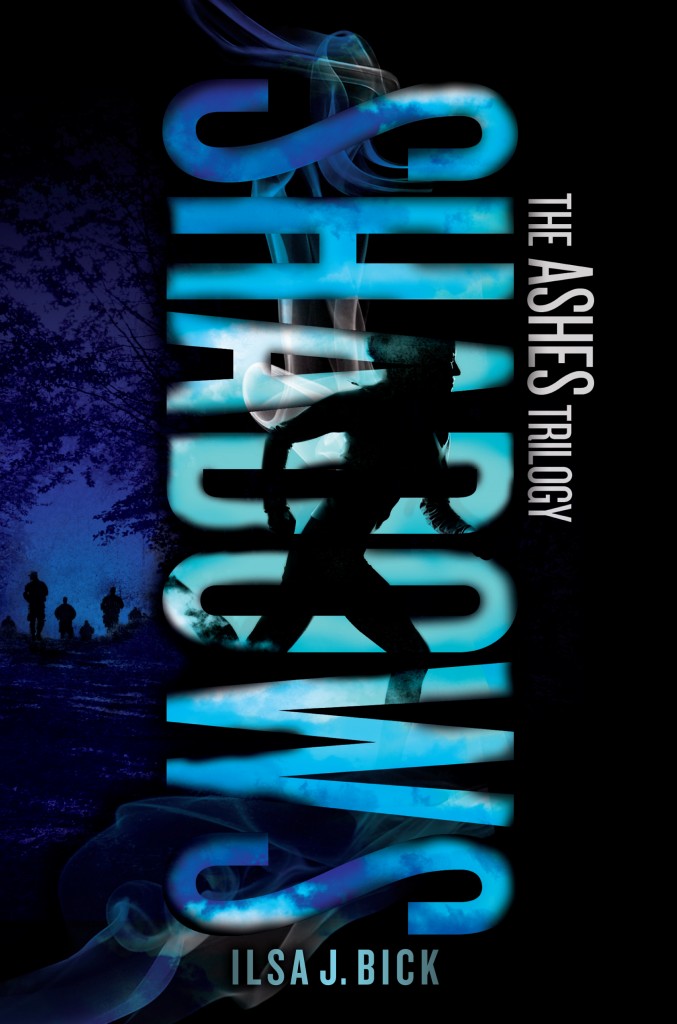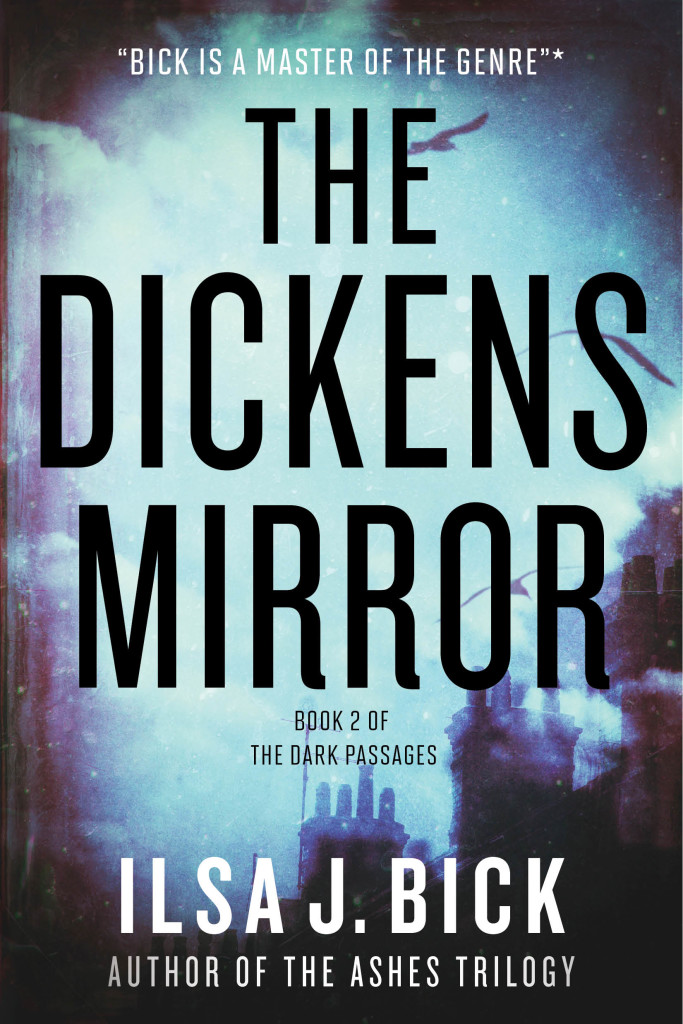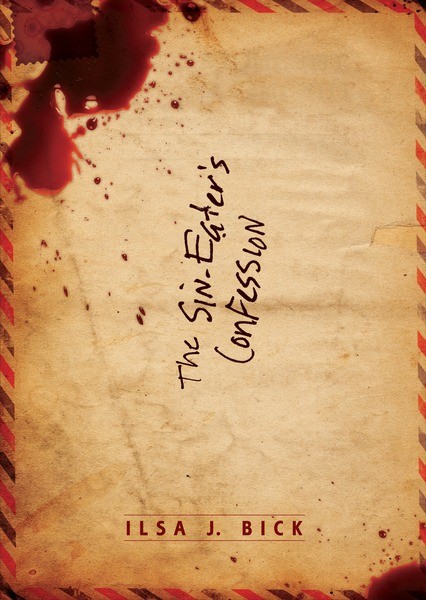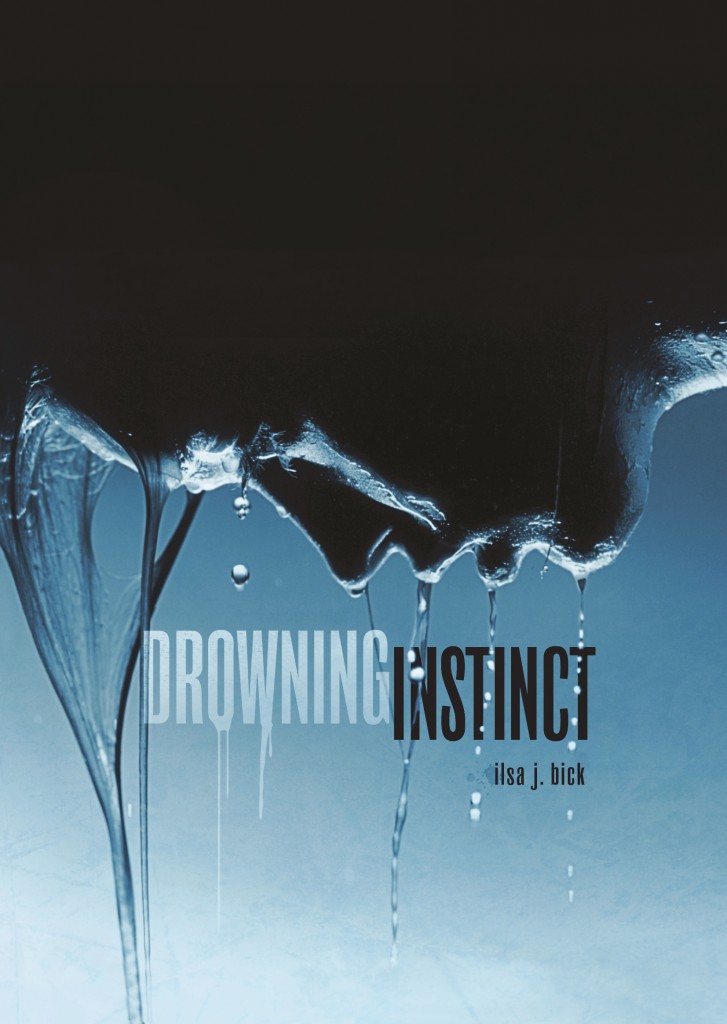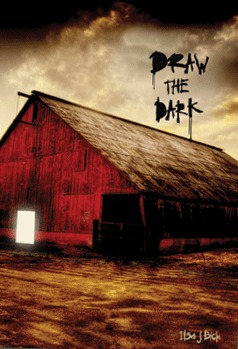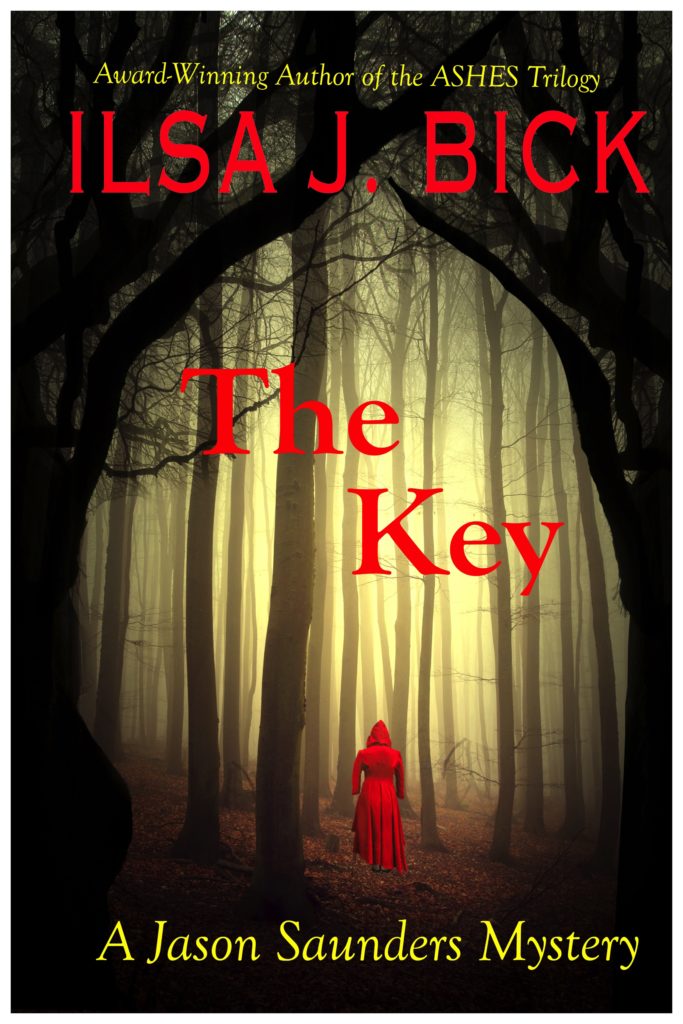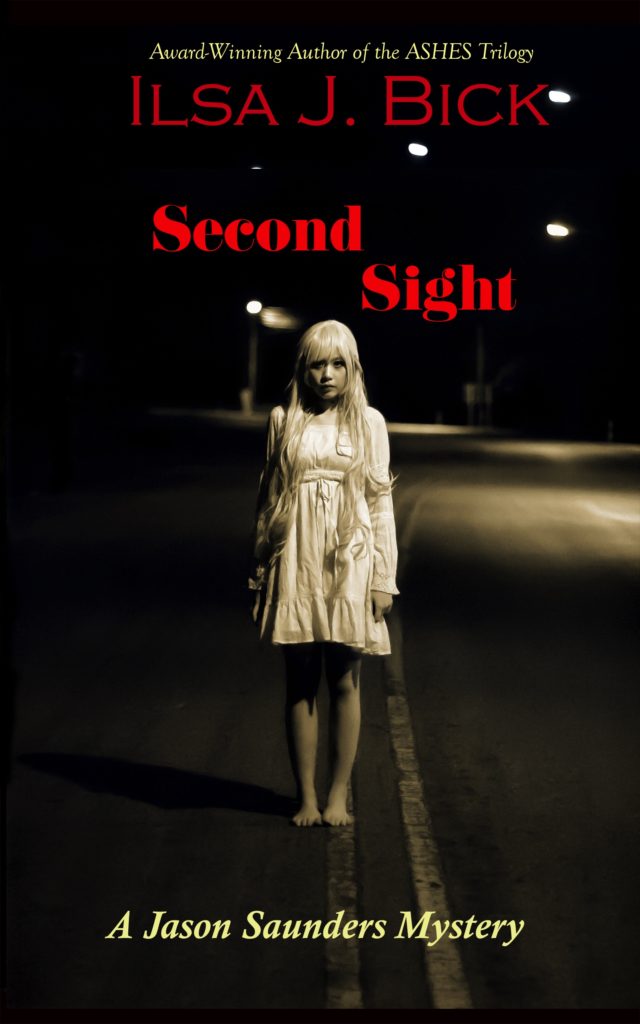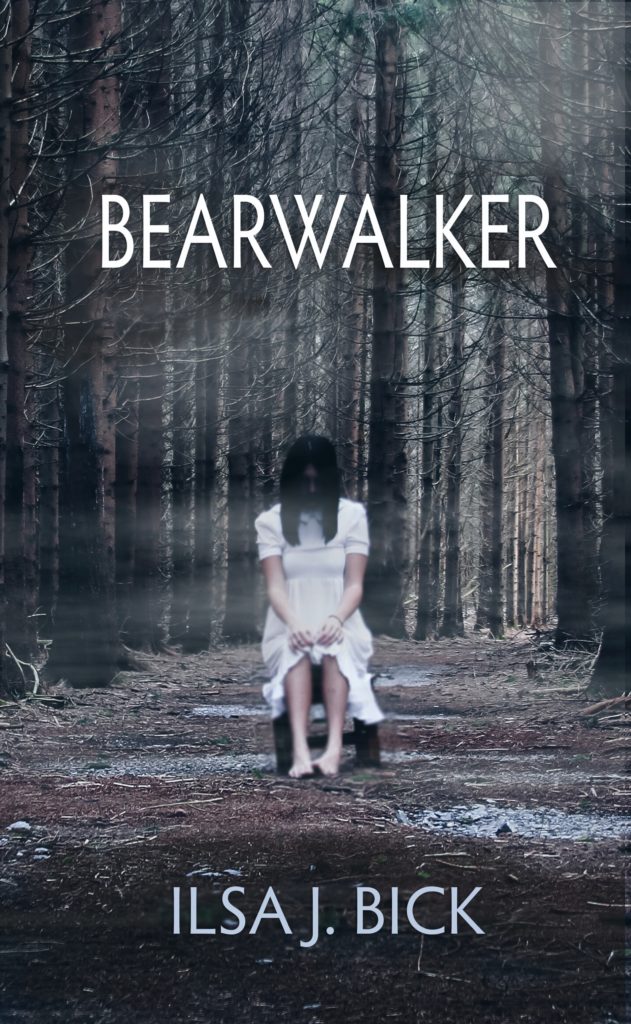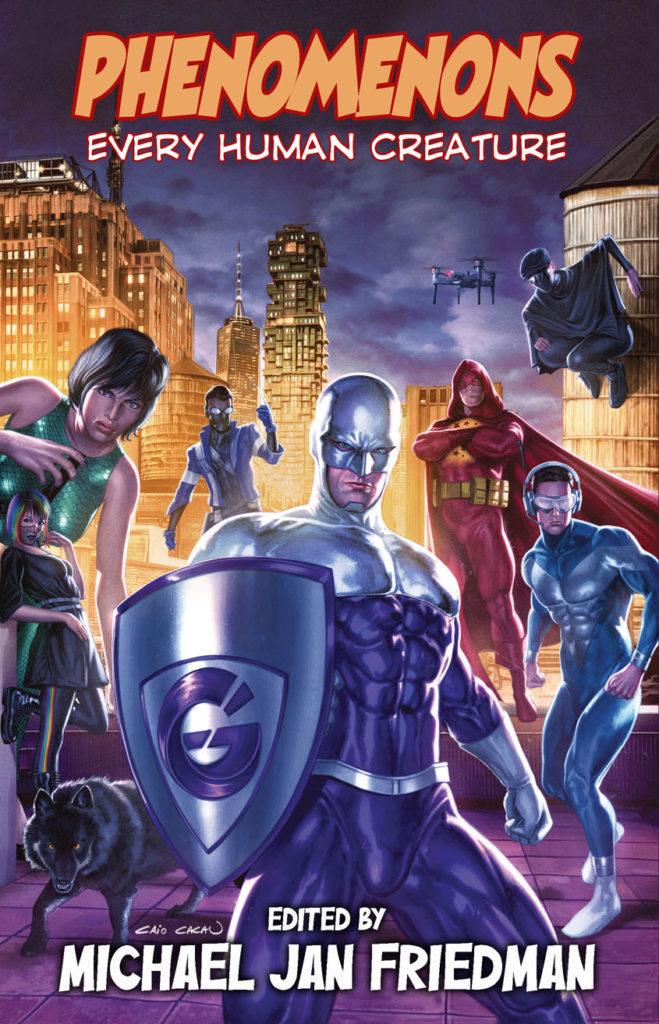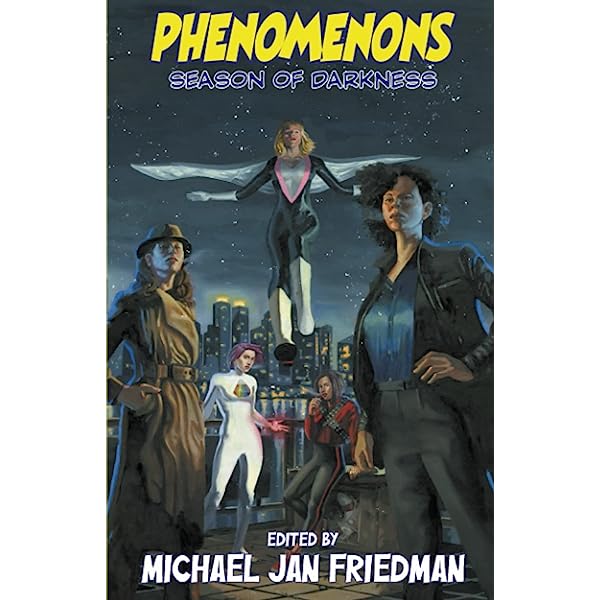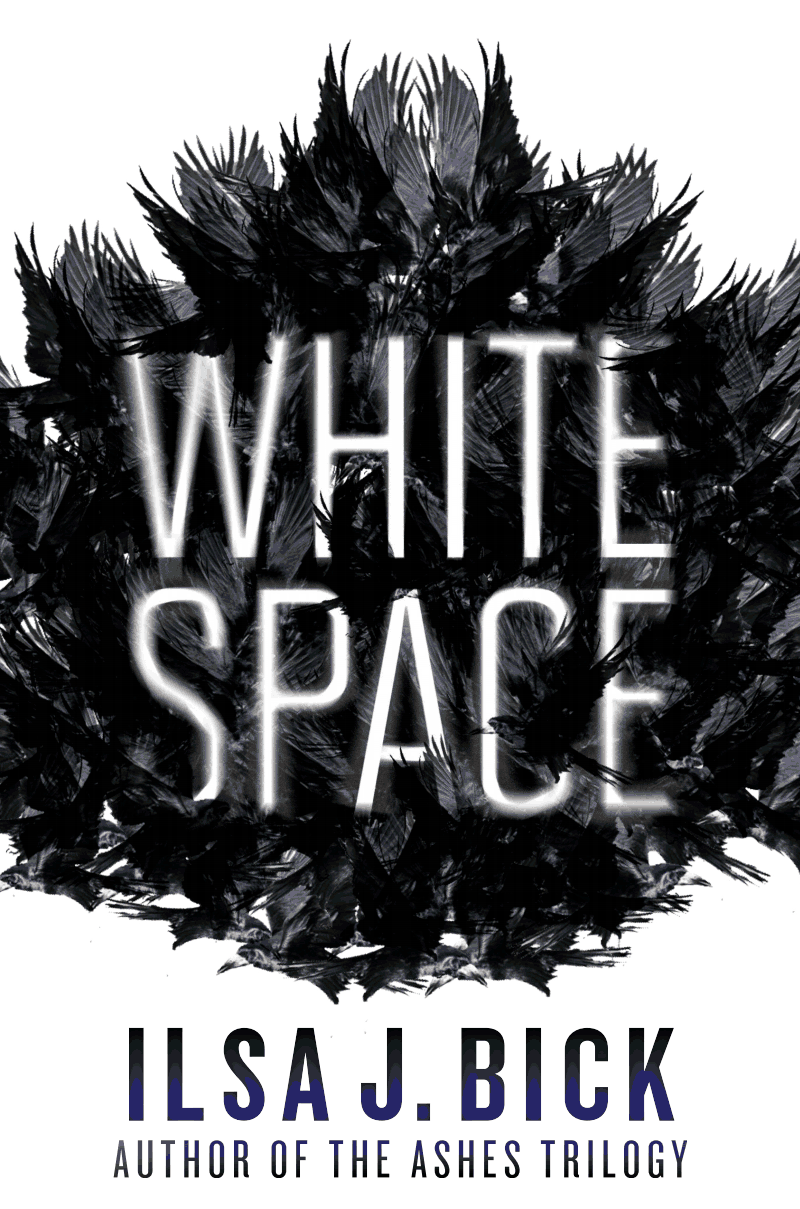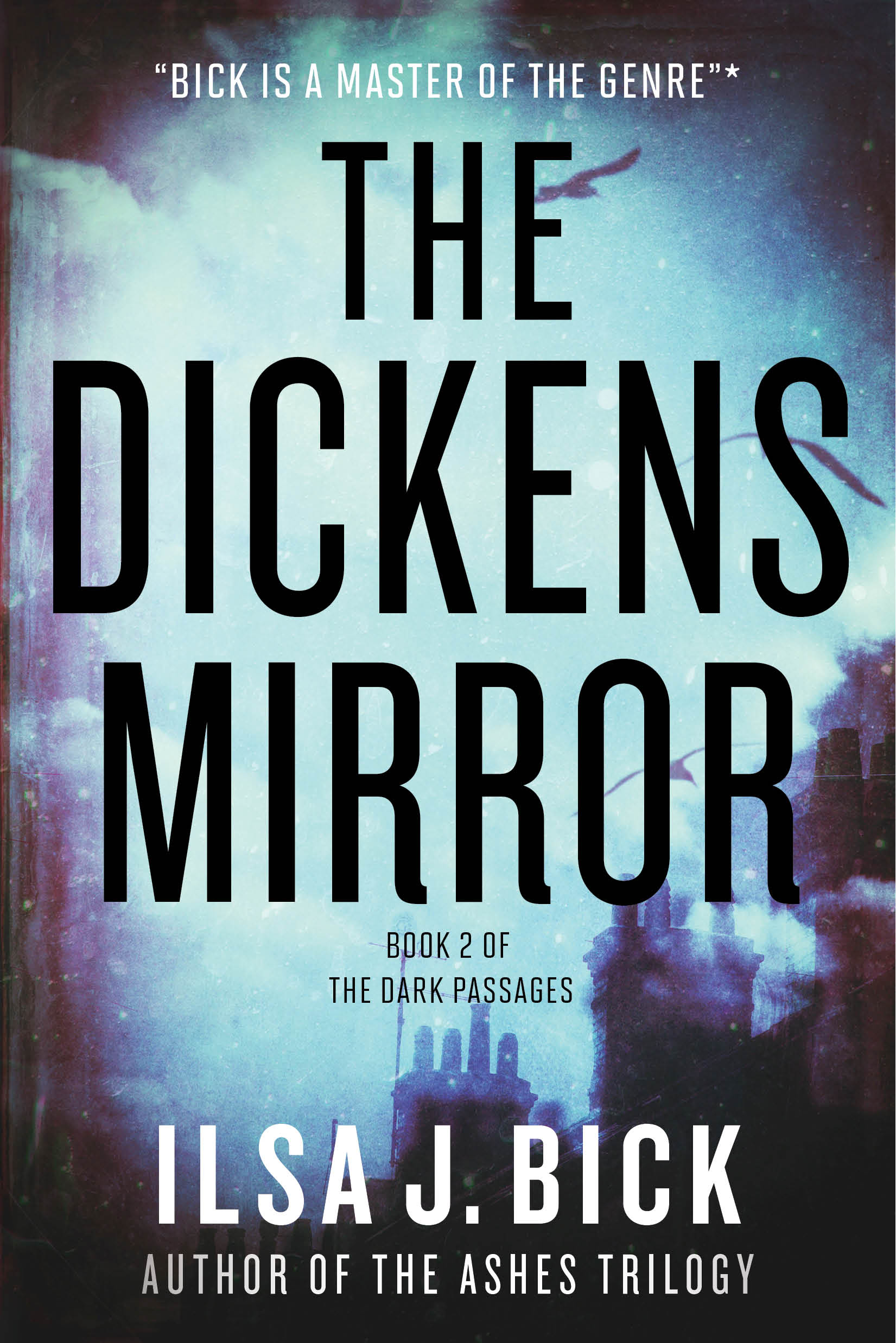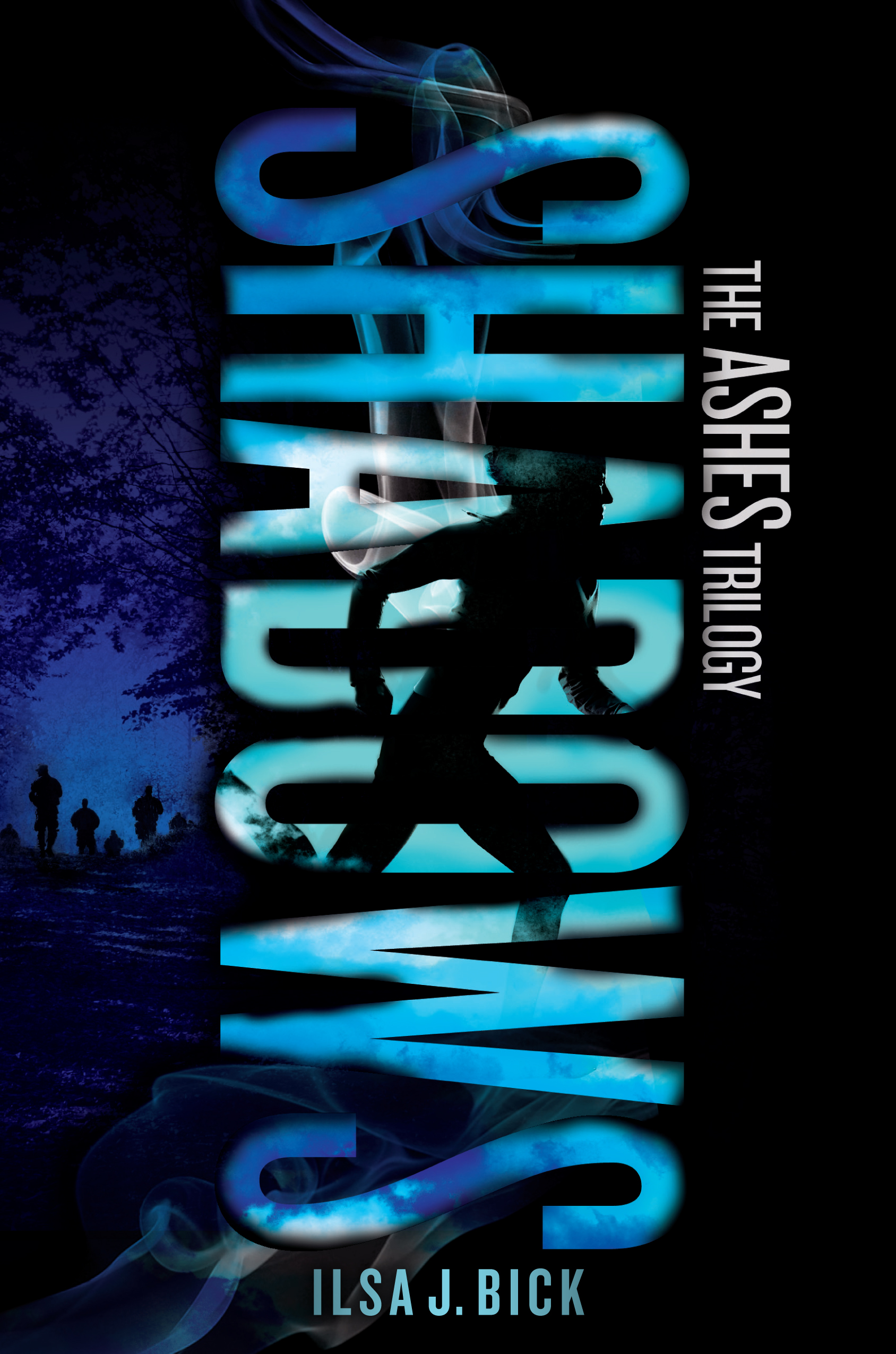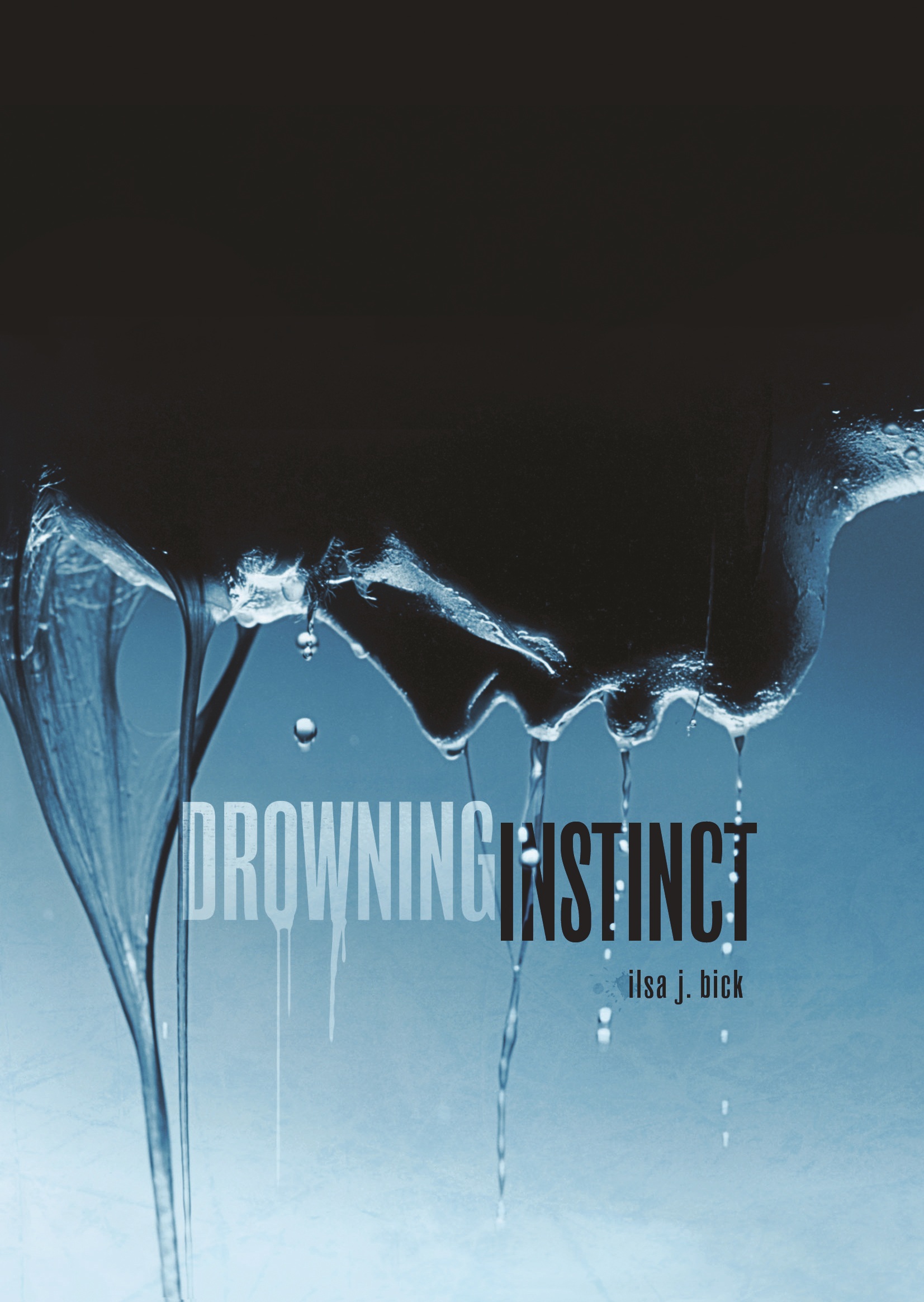So I’ve been thinking a lot about what words are worth, considering all the brouhaha lately. Lurk on a bunch of forums and blogs, and everyone’s been weighing in on their buying habits, how much they’re willing to pay, whether people should boycott ebooks priced higher than $15, etc., etc. The latest salvo comes today; the NYTimes has this article about publishers beginning to wrangle with Google.
Making me wonder what words are worth and how much should be free and, perhaps most importantly, who should be offering them up for free to begin with.
The first point is subjective. The short answer is: depends on my pocketbook and the author. I’ll buy a hardcover by certain authors the moment it hits the stands and forgo the movies a couple weeks or more. (I mean, really: all this fuss about paying for a book from which you get HOURS of enjoyment versus the amount you pay for a movie that lasts less than two hours, not to mention the obscene price for a box of Raisinets.) Others, I’ll wait for the price to come down, or for another edition–the paperback, for example. Some, I’ll just check out of the library. If I like the book enough, I might spring to own it. And sometimes, when I absolutely MUST have a certain book this instant and my library doesn’t have it and the nearest bookstore is, for me, a good hour’s drive . . . I’ll try to find it as an e-book. And I’ll pay for it, regardless of cost, because the need is there and it’s immediate.
The second point isn’t subjective, even though you might think so. There are forums on which I lurk where they routinely inform you where to get free e-books, free e-stories. Many times, these freebies come from the publisher–usually, the first book in a series or a very old book by an author designed to pique your interest enough to plunk down the money for another, more recent e-book by the same author.
Me? I think this is a bad thing, and let me tell you why. The reason I think this is bad is that it’s the same freebie mentality driving newspapers out of business. Everyone is used to getting their content on the Internet for free. You just don’t want to pay. Worse, you feel ENTITLED to your freebies. Newspapers have tried to make you pay, but you won’t.
And the result is disastrous for everyone, even if you don’t realize it now. Not only does, for example, the NYTimes get thinner and thinner every day, the quality also suffers because they can no longer pay for the kind of reporting you want, for the content that is, say, free of errors and fact-checked. (And, no, a blog does not substitute for real, investigative reporting.)
How many people would be willing to pay for the e-edition of the NYTimes? For Google News (which, by the way, culls from other sources)? For The Huffington Post? For The Daily Beast?
Yeah, I thought that was a resounding silence.
So long as publishers continue to devalue the worth of their words by offering them up for free, then everyone suffers. In my private practice–way back in those shrink days–I did not have a sliding scale. I didn’t see people for free. I didn’t take insurance. My fee was my fee. You paid it, or you saw someone else. I did fine, by the way, and had a full practice until the day I shuttered my doors and took down the shingle. This business model wasn’t cruelty or arrogance on my part; there are plenty of child shrinks, so it wasn’t a matter of life or death. But I discovered very quickly that people value what they must pay for–in money, in time, in work, etc. Take away the need to pay and you automatically signal that you, really, may not be worth very much. Now why would you take advice that you may not agree with offered by someone for free? You are, after all, free to ignore it in any case–but you did pay for my time. Presumably, you think my words are worth something. So then the words become harder to ignore.
Words can be free, in my opinion, if the author offers them up for free. Not the publishing house. Not the store. Not a pirate. The author. Because we are the ones spending the time trying to come up with ways to entertain you. The words are ours, and maybe it’s time for authors to start insisting on a bit of fine print in their contracts–that nothing of theirs is given up for free without prior agreement. In a digital world, backlists are suddenly available, and those books should not be offered up for free simply because they are not recent. No one should have that control–to offer something for free–but the authors.
Check out Dean Wesley Smith, who’s been talking about this on his blog, too. Honest: See for yourself. Oh, and don’t miss Mike Stackpole’s blog either. Nice stuff in there about what writers stand to make for their words in the digital world.
My two cents. But they are mine, and the only reason you’re reading them now is because I’ve put them down–for free.







